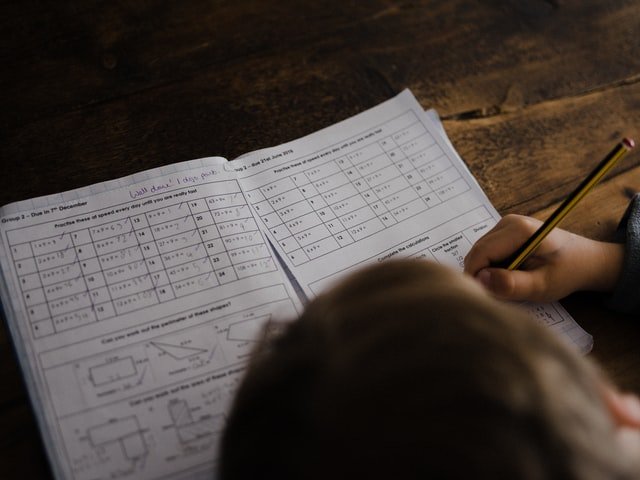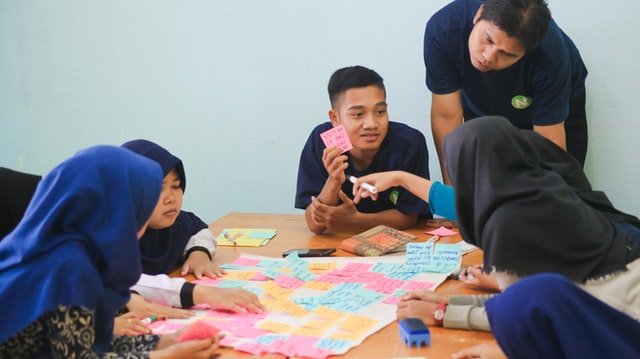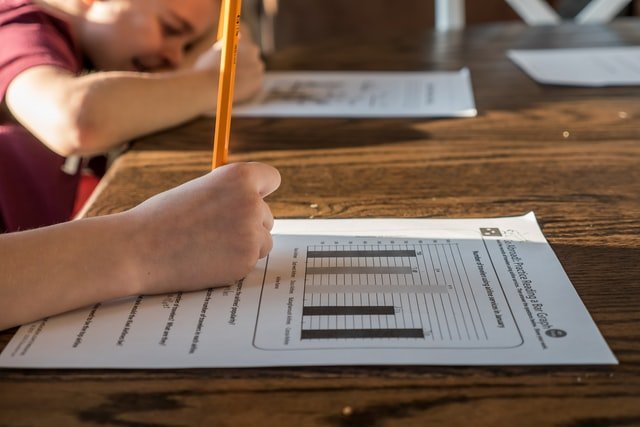
The most important predictor of student success is the encouragement they receive from their parents when learning at home. When parents are engaged in their children’s education, students have the motivation to finish their assignments and grow up in an environment that values learning.
Parent involvement is parents and teachers sharing a responsibility to help their children learn and accomplish goals in their education. When a parent commits to prioritizing their child’s educational goals, and teachers commit to listening and providing a learning space for the child and parent, the child is more likely to have academic success. By both parents and teachers involving themselves in a child’s education, they can bring perspectives to the table that enrich the child’s learning experience.
Parent involvement in a child’s education has been supported in countless studies and reports. Academic achievement has been shown to increase when parents are involved in their child’s education. Parent involvement can lead to a child’s better classroom behavior. But there is a fine line between supporting your child’s education and overstepping on their independence.
A set of recent surveys found a current increase in parent involvement in today’s world. One survey found that two-thirds of parents say they are more involved in their child’s education today than ever before. This is most likely due to the increase in children attending school online instead of in-person. Another survey reported that almost 80% of parents have taken a bigger role in their child’s education in recent months.
The American Psychology Association calls for a shared responsibility between parents and teachers to support a child’s education. “[Parents] and school staff working together to support and improve the learning, development and health of children and adolescents.”
These are a few tips on how to maintain balanced parent involvement.

As a parent, it can be tempting to invest all your energy and time into your child’s coursework. But, this can take away from their educational experience when too much of it is taken over by you. Balance your involvement in your child’s education and giving them the freedom to set and achieve their own goals.
Know when to give your child space.
You are not there to solve their problems and move on, you are there to help them build their own ability to independently solve the problem again in the future. Listen to your child’s own goals and encourage them to strive for achievement by following their own directives.
Maintain a relationship with your child’s teacher.
Teacher-parents collaboration demonstrates a commitment from both the teacher and you to improve your child’s academic performance. You are not the boss of your child’s teacher. You need to build a parent-teacher partnership.
Working together with your child’s teacher can improve your understanding of your child and the progress they are making in their education. This goes both ways. If you notice your child falling behind on their work and struggling when out of contact with their teacher, you need to communicate that with the teacher. By keeping each other informed, you can both come up with ways to respond to your child’s struggles.

How to communicate with your child’s teacher
- Converse about different strategies the teacher can use during class time. These strategies can be tweaked over time based on your child’s progress and learning styles.
- Learning styles can be explored through different activities, questionnaires, and preliminary tests. Teachers often need help identifying learning styles in the form of a tool or device. Consider your child’s weaknesses and strengths. Keep in mind that student answers on questionnaires can be biased due to students’ misunderstandings and desired expectations.
- Inform your child of the process. They may know their own learning styles and preferences more than you or their teacher does.
Academic Activities to Do at Home With Your Child:
- Read together at home
- Work through practice logic problems/puzzles
- Help your child work on homework assignments
- Monitor your child’s homework completion
- Talk with your child about their classes on a daily basis
- Encourage your child on successes and support them on poor performances
- Demonstrate in your own life how important education is for both you and your child
- Problem-solve with your child instead of giving them all the answers
- Create a time and place for study
Other Activities to Do at Home With Your Child:
- Practice healthy coping skills when your child is frustrated
- Find ways to help your child stay motivated and keep from getting distracted
- Attend parent-teacher meetings

In 1992, educator Armendia Dixon wrote, “Parental involvement, in almost any form, produces measurable gains in student achievement.” And it holds true today. Keep in mind that you are the ultimate motivation for your child to succeed.
Balancing your involvement in your child’s education not only helps your child achieve more academically, but it also lifts teacher morale and enables you to make a difference in your child’s education while giving them the freedom to set and achieve their own goals.